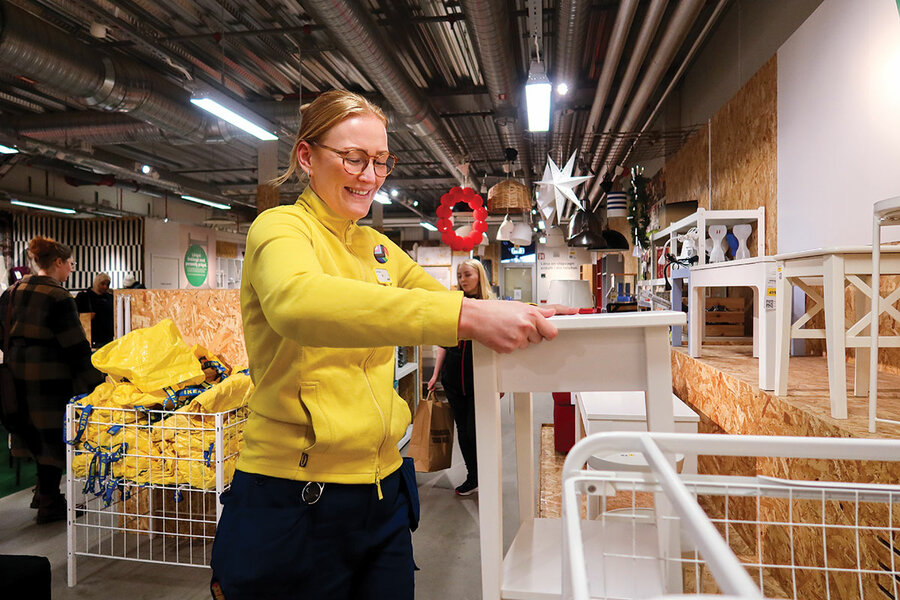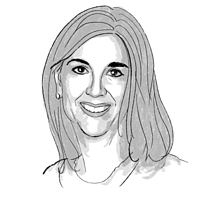Embracing a concept of ‘just enough’
Loading...
What does having “just enough” look like? When I read this week’s cover story by Erika Page about the Swedish ethos of lagom – not too little, not too much, but a balance in between – I became curious. For the past several months, I’ve been examining my relationship to money and consumerism.
My research has taken me from the classic “Your Money or Your Life” by Vicki Robin and Joe Dominguez, to the take-no-prisoners critique “It’s Not You, It’s Capitalism” by Malaika Jabali. The first book urges readers to choose what they value most and what makes them truly happy. The second book is a Dear John letter to capitalism and its excesses.
As Erika explained to me, “We have been operating under this assumption that ‘more and more and more’ is not only good, but also necessary [to our economic system]. There’s no other way to do things. But I’m seeing wisps of thought or people saying that this might not be the case.”
To be clear, lagom is neither anti-capitalist nor pro-socialist.
“Many people would say that Sweden has achieved what it has not because of socialism but because it’s been really savvy at capitalism by combining it with social protections and benefits,” Erika says.
Through lagom, the country has been able to prioritize two values at once – collective good and individual freedom.
“It gets back to, what does it mean to ‘get by’? And that’s so not a part of the economic model that we’ve built over the past 150 years. And maybe it shouldn’t be, but it does seem like we’re very far in the other direction. There’s probably room for some balance,” she says.
Could lagom apply to how I think about “enoughness” in my own life? At times I feel like I’m on a treadmill: Make money to spend on more stuff for which I will need more money. And I can see that my consumption habits are often fueled by a sense of dissatisfaction and lack.
That’s where the concept of “just enough” comes riding to the rescue. What if I challenged that sense of lack and scarcity, and instead focused on living from the standpoint of my values?
Like “just enough,” the concept of “balance” is a moving target: Every day brings new wants and needs, as priorities shift. What shouldn’t change is my intention to become aware of the shifts and to be willing to recalibrate my thinking. I’ll likely never stop wanting stuff, but I can be intentional about which desires I act upon.
So for me, it’s not really about debating the pros and cons of a particular economic system, although this can be useful and instructive. It’s more about living moment by moment with as much simplicity, grace, and presence as I can.
“Lagom asks people to ask themselves the tough questions and then act accordingly,” Erika says. “At the end of the day, these things are up to every individual to decide for themselves: What is lagom for me? What do I want lagom to look like in my household, in my neighborhood, in my community?”






